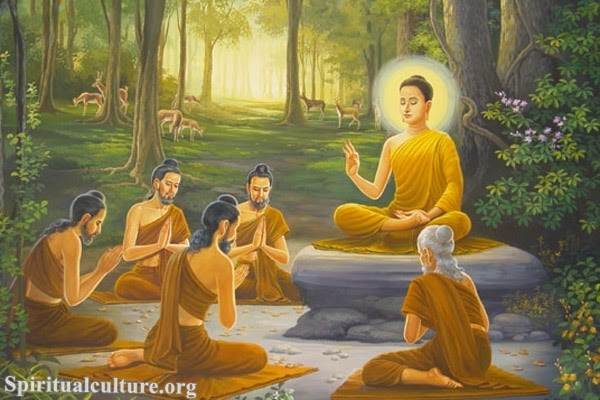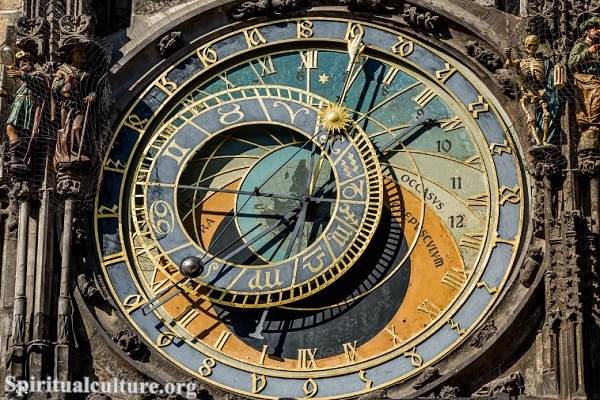In Buddhism, Gods are more like symbols or vehicles for certain aspects of the teachings and practices.
There are many gods revered in Buddhism, and the God’s deities worshipped can vary widely depending on the specific tradition or school of Buddhism. In general, however, the three most important Gods in Buddhism are:
The Buddha
The historical Buddha, Siddhartha Gautama, is the central figure in Buddhism and is revered as the supreme teacher who attained enlightenment and taught others how to do the same. The Buddha is not considered a deity in the traditional sense but rather an enlightened being who teaches the path to enlightenment.
Bodhisattvas
Bodhisattvas are beings who have attained a high level of enlightenment and compassion but choose to remain in the cycle of rebirth to help others achieve enlightenment. There are many different bodhisattvas revered in Buddhism, each representing a different aspect of the path to enlightenment.
Guardians
Guardians are Gods believed to protect and guide practitioners on the path to enlightenment. There are God’s guardians revered in Buddhism, and the specific guardians worshipped can vary depending on the tradition or school.
It’s important to note that the concept of Gods in Buddhism differs from the concept of deities in many other religions. In Buddhism, Gods are not seen as ultimate sources of power or as creators of the universe but as symbols or vehicles for certain aspects of the teachings and practices.




